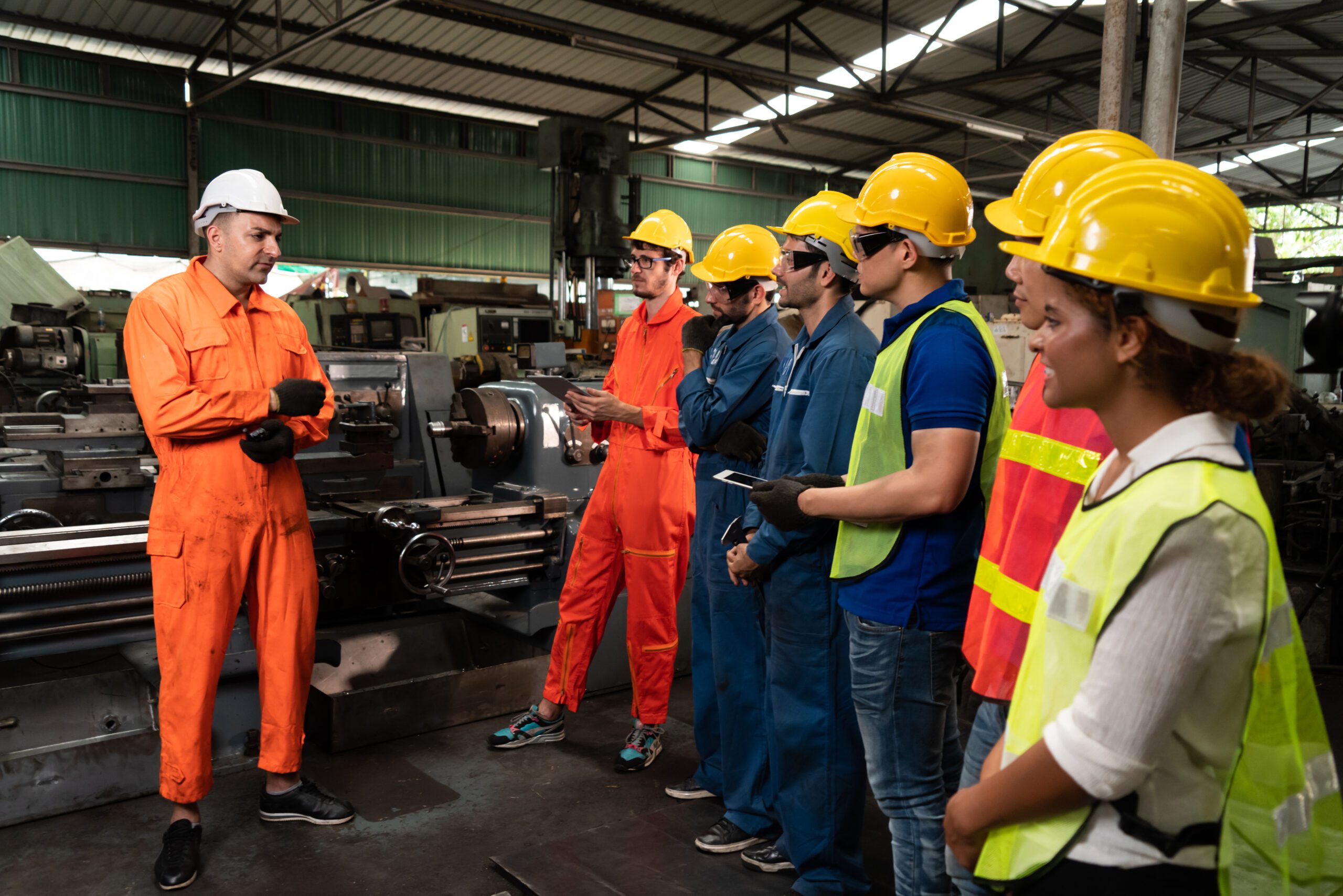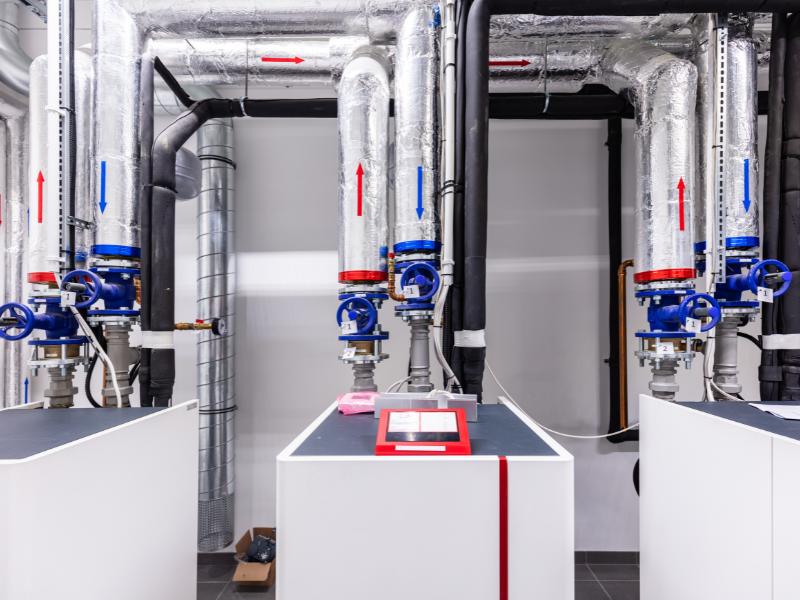Electrification: where do we get the people?
Electrification of industry is an important part of the road to climate-neutral production. But how do we get enough employees with the right skills for this? After all, the labour market for technical people is already very tight. That is the question a group of Deltalinqs members and partners of the Deltalinqs Climate Program (DCP) recently discussed with experts from education and the labour market.
More than 30 people came together for a "human capital" working session at the invitation of the Fieldlab Industrial Electrification (FLIE) and Deltalinqs. The working session kicked off with an introduction by Alice Krekt (DCP) and Peter van Hooft (FLIE) on the Fieldlab Industrial Electrification and the importance of human capital for industrial transformation. After all, without sufficiently qualified people, the transition cannot get off the ground. After this, Ellen Lok and Yme Dikkerboom of STC (Scheepvaart en Transport College) explained three new package choices within their courses: hydrogen technology, renewable energy and wind turbine maintenance.

Getting started
Participants then worked in subgroups on the following questions:
- What are the skills required by sector?
- What are the education and training requirements?
The discussions yielded very useful insights. After feedback on the first two questions, the participants engaged in subgroups for a final time to explore the role of the FLIE for the human capital issue. Wiebe Buist (project leader DCP & Business Development Manager FLIE) and Cees Alderliesten (advisor education & labour market at Deltalinqs) introduced the discussion with an overview of ongoing actions, such as the Human Capital Coalition in formation, and results of exploratory interviews they held earlier.
Findings
A summary of the main findings of the working session:
- MBO and Hogeschool Rotterdam have already started offering modules focused on parts of the energy transition, and these are very popular with students;
- The FLIE will soon have a central hub with pilot lines and is therefore well placed to act as an ambassador for industrial electrification. This towards both schools (pupils, teachers, students and lecturers), and towards policy officers within the government;
- Industry and engineering need to be made more attractive. The perception of both starts as early as primary school. It is important to show early on that engineering is a big part of the energy transition task and that you can work on great innovations in industry;
- Managers need to give room for innovation and appeal to a more diverse workforce;
- We need a better picture of exactly what new technical or other skills industrial electrification requires from employees, but also what is already happening in the field of industrial electrification;
- Besides training students, it is also important to retrain and upskill existing staff;
- Contacts between business and educational institutions (both among themselves and with each other) are still very much dependent on personal relationships. There should be more systematic, structural contacts. For example, the FLIE could also cooperate more closely with education (think of internships in vocational education).
The discussions yielded very useful insights. After feedback on the first two questions, the participants engaged in subgroups for a final time to explore the role of the FLIE for the human capital issue. Wiebe Buist (project leader DCP) and Cees Alderliesten (advisor education & labour market at Deltalinqs) introduced the discussion with an overview of ongoing actions, such as the Human Capital Coalition in formation, and results of exploratory interviews they held earlier.



